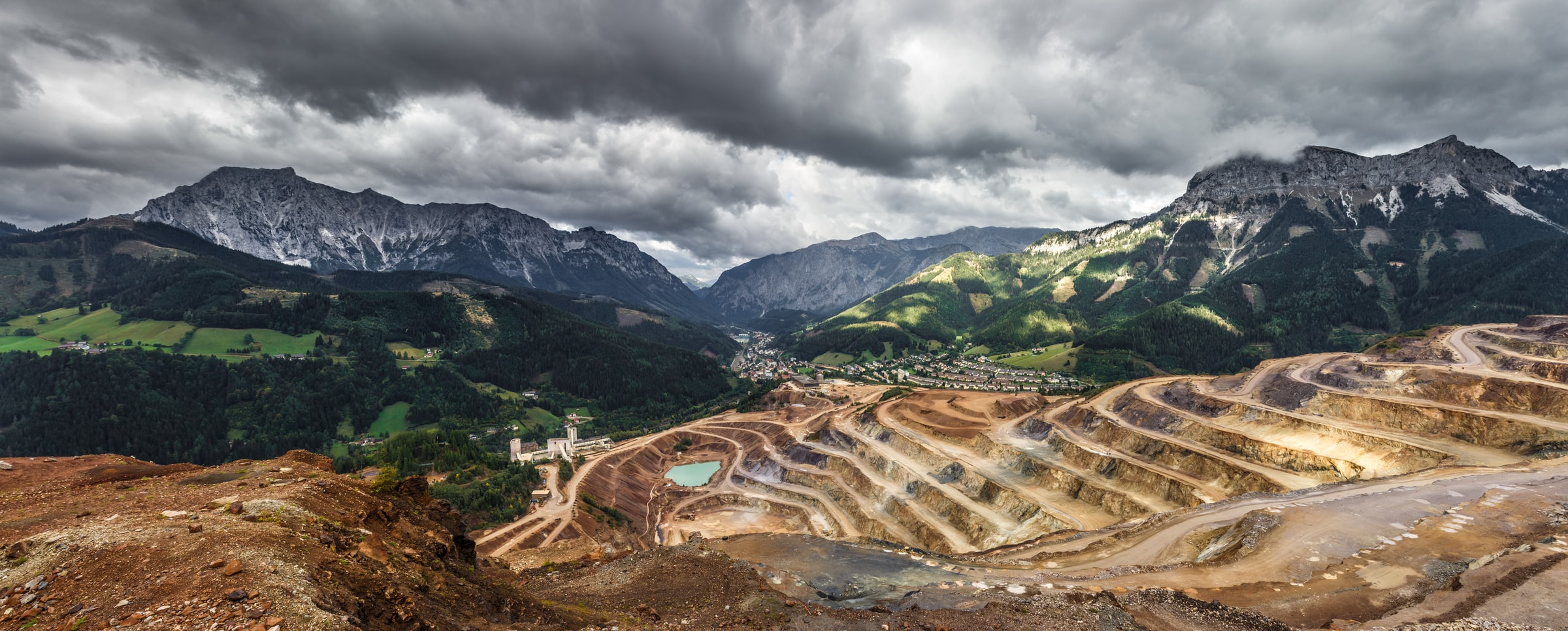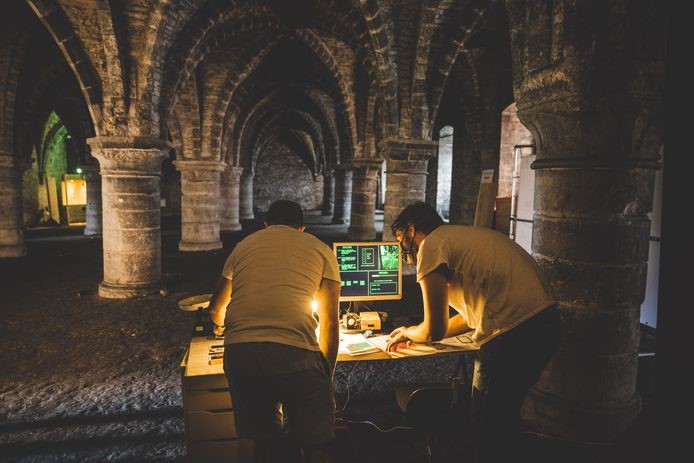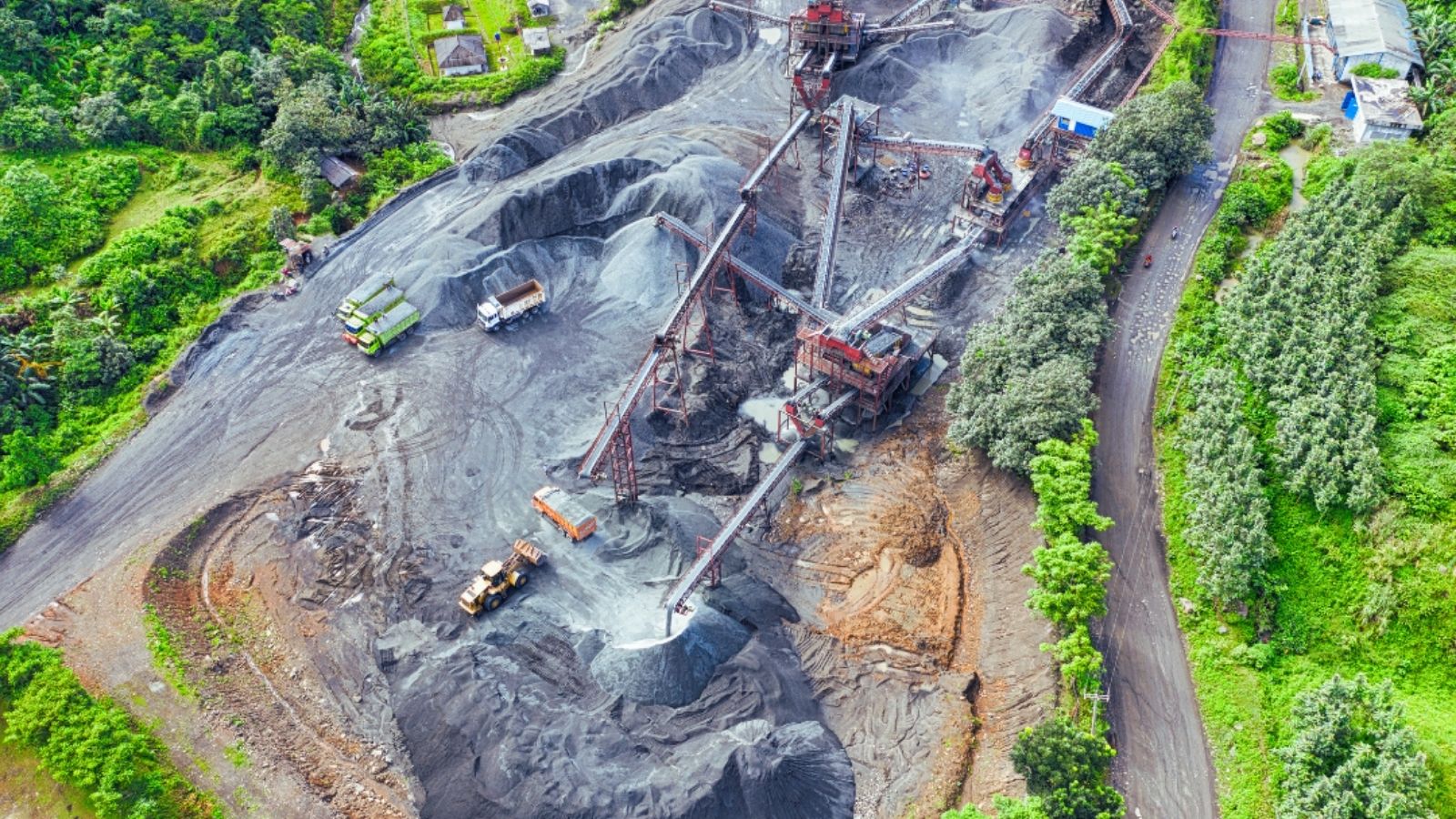‘Greenwashing’ of the mining industry
‘Greenwashing’ of the mining industry
A warm nest, your own car and the latest smartphone; many of us are used to a life of luxury. However, continuing to meet these needs requires an energy transition. The highly acclaimed European Green Deal opens the door to ‘green’ alternatives such as electric cars and solar panels. But are these alternatives really so green and our needs so indispensable?
According to the global solidarity network YLNM (Yes to Life, no to Mining) they are not. They recently issued a press release “On the frontlines of lithium extraction” in which they sound the alarm. They particularly denounce the drastic expansion of mining in the name of green energy. Mining equals the violation of human rights and the destruction of crucial ecosystems. Anything but green.
“The EU needs to wake up and set an objective to reduce material use by two-thirds so that the European Green Deal does not become yet another footnote in the history of the destruction of the planet,” says Meadhbh Bolger of Friends of the Earth Europe.
Europe
The EU should reduce the extraction of natural resources by 65%. This is what Friends of the Earth Europe and the European Environmental Bureau (EEB) published in a recent study titled “Green mining is a myth”. Europe is already using a disproportionate amount of available natural resources. In fact, the EU’s material footprint currently stands at 14.5 tonnes per capita, approximately double what is considered a sustainable and equitable limit, and far above the global average.
Despite these revealing figures, the European Green Deal only takes mining further. The use of individual electric cars is absolutely no solution. The demand for lithium in the EU through batteries, required for electric cars, is expected to increase almost 6000% by 2050.
They come and destroy everything. They say they bring work and food. But that is only for today. Tomorrow we will be hungry again.
Empty Promises
The mining industry is often controlled by multinationals that care little about the rights of local people. In the video from the YLNM press conference, an indigenous woman says, ‘They come and destroy everything. They say they bring work and food. But that is only today. Tomorrow we will be hungry again.”
Indigenous people often set the example of a sustainable lifestyle. Yet it is precisely these communities and environments that are being abandoned in the name of ‘green’ energy. In many cases, lithium projects are forced on local communities. There is no transparency or democratic decision making. The mining industry is intertwined with local politics and often receives support from local politicians and international development organisations to promote ‘green mining’. But ‘green mining’ does not exist.
Water is worth more than lithium
Besides violating human rights, mining also destroys ecosystems. Lithium mining and processing cause permanent and irreversible damage to water systems. The mines not only affect the watercourse and the water quality. They also fragment the landscape, rendering more sustainable livelihoods such as agriculture and tourism almost impossible. The Atacama Desert in Chile is gradually losing its last water resources due to the effects of lithium mining. Chile has half of the world’s lithium reserves and almost all of its exports are currently extracted from the Atacama Desert, the driest place in the world.

Need for behavioural change
These are horrific findings. However, there is an alternative. Many action groups propose a number of concrete alternatives to limit mining and further damage as much as possible.
A drastic change in our habits and consumption, but also on production level, is crucial. The demand for energy and materials has to decrease significantly. This can be achieved by maximising public transport, providing alternatives to private transport and paying more attention to the repair, reuse and recycling of batteries and other products.
In addition, it is important to fully inform communities about the consequences of mining. Local communities must have the right to say no if they do not agree with the project.
Climate change should be addressed from a holistic socio-environmental justice perspective. Mining is destructive, not only ecologically but also in human terms. These elements must be recognised and policies must address them in a meaningful way.
Finally, the impunity of companies must end. Binding treaties must improve business and human rights. If they are not complied with, sanctions must follow. In order to ensure this, sensible environmental and social protection regulations are needed.
We should be aware that these ‘green’ approaches of the European Green Deal are often presented as innovations, but in reality they represent destructive models that promote an unjust and unequal transition. We must not let it get that far!
Article written by Catapista Helena Spriet
Photos by Sebastian Pichler via Unsplash













